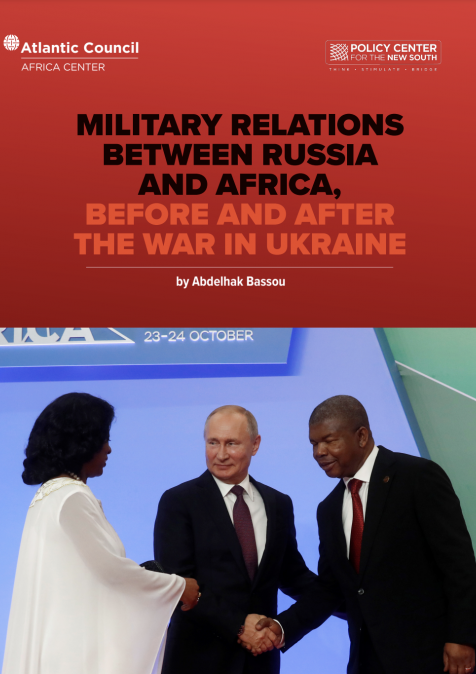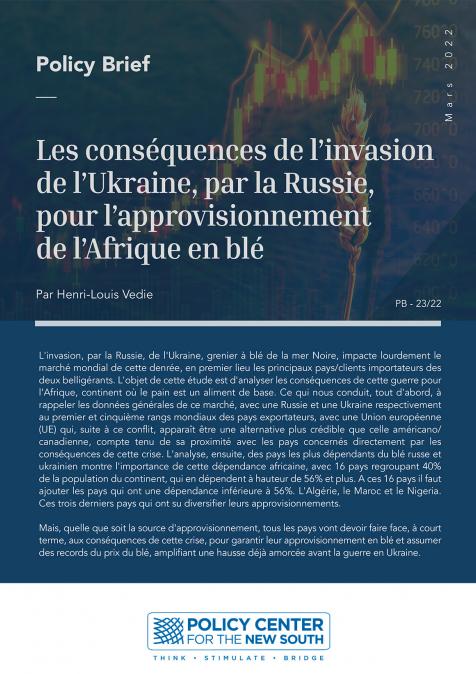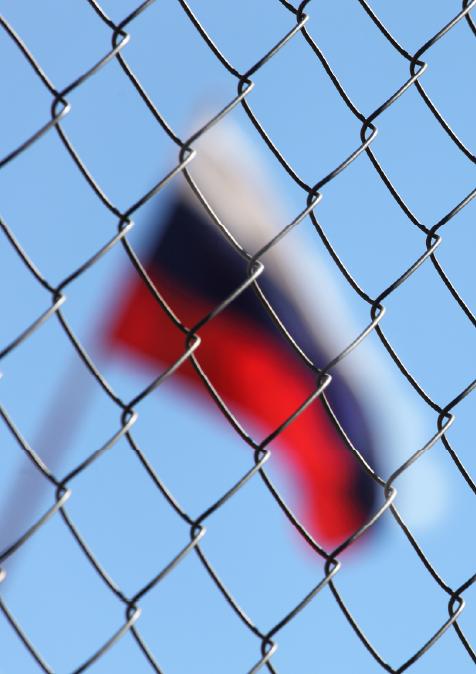Publications /
Policy Brief
In a recent telephone conversation, Russian President Vladimir Putin officially invited Assimi Goïta, the military chief of the transition in Mali, to take part in the second Russia-Africa summit to be held in Saint Petersburg. This summit is scheduled for July 2023, according to Mikhail Bogdanov, the special representative of the president of Russia to the Middle East and Africa and deputy foreign minister. Russia is openly optimistic that several African leaders will attend the planned summit, according to Russian Ambassador-at-Large Oleg Ozerov: “Russia expects that most African leaders will attend the Russia-Africa summit in 2023 … We are getting positive responses. I think most African heads of state will be at the forum.
Despite Russia’s war with Ukraine, President Putin remains keen on maintaining and strengthening relations with Africa, and this planned summit is a follow-up, four years later, to the October 2019 meeting in Sochi attended by a multitude of African leaders. Russia’s determination to hold the Summit with African countries—amid its ongoing war in Ukraine and difficulties imposed on Moscow by Western sanctions—is either: the result of Africa’s importance to Russian foreign policy and, therefore, the meeting with African leaders must take place, regardless of conditions; because Russia needs African states to counter Western attempts to isolate it on the international stage; or because Russia seeks to show that its war in Ukraine and the sanctions imposed by the West do not impact the normal operations of the Russian state, which continues to hold normal relations with the rest of the world, including Africa.
It is a considerable challenge to bring together African heads of state in Russia, despite the United Nations (UN) vote by African countries last October, signaling a turning point in African positions toward Russia and its war in Ukraine. The challenge is great and begs the question of whether RussiaAfrica relations are strong enough to withstand the war in Ukraine.
This paper examines this issue, and attempts to determine whether the war in Ukraine, launched by Russia in February 2022, will affect Russia-Africa relations, have no impact, or strengthen Russia-Africa ties ...











